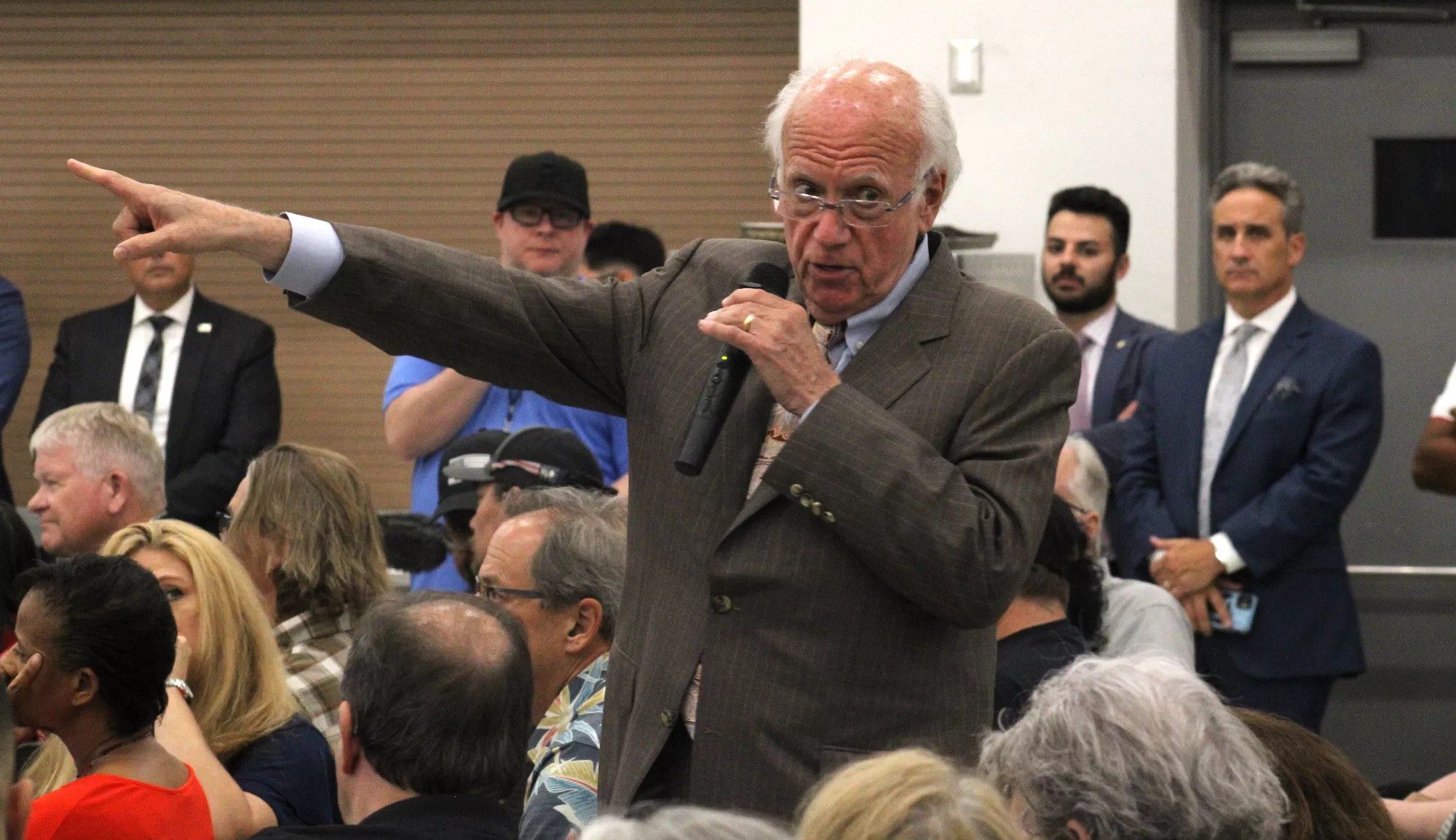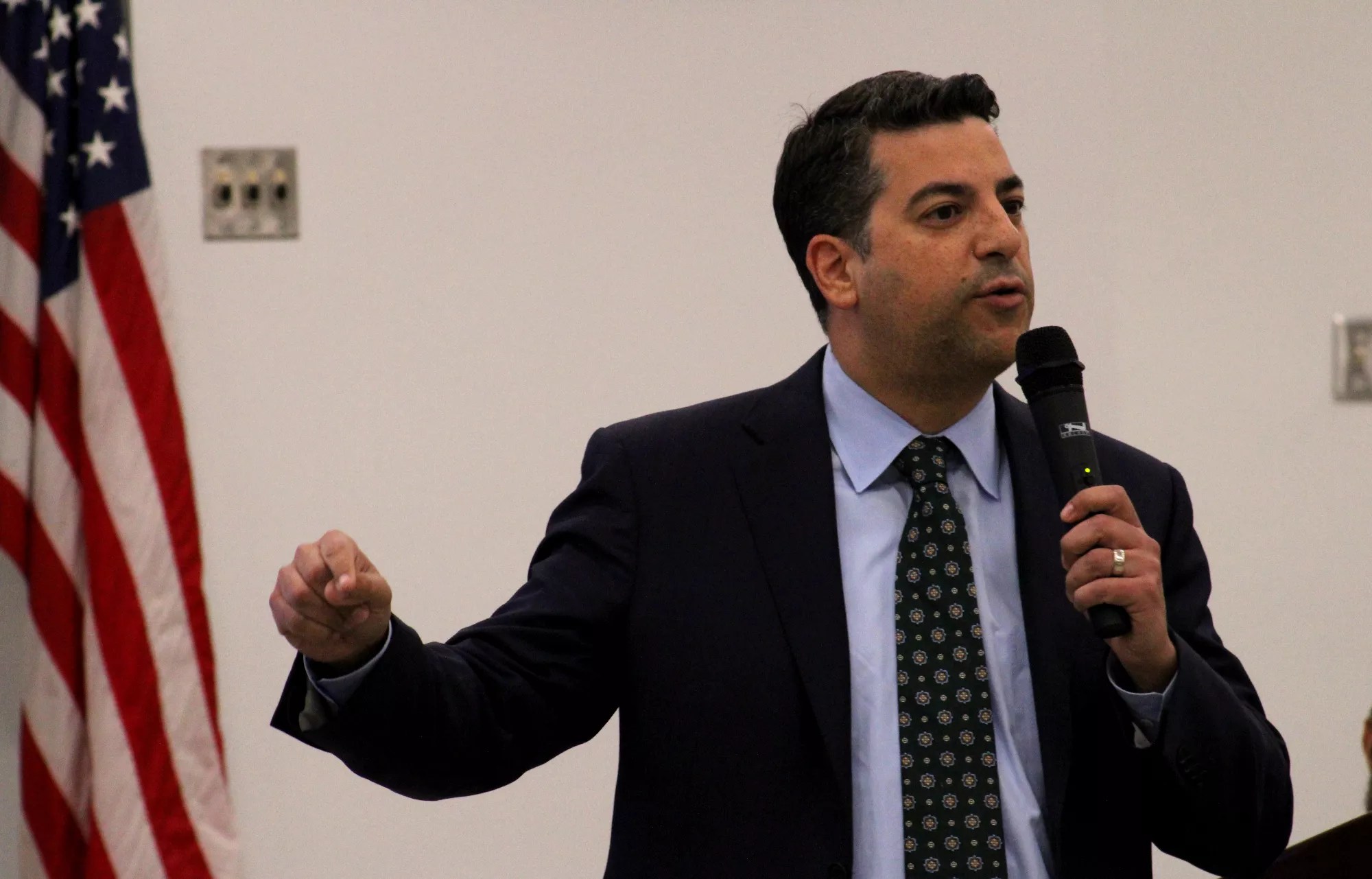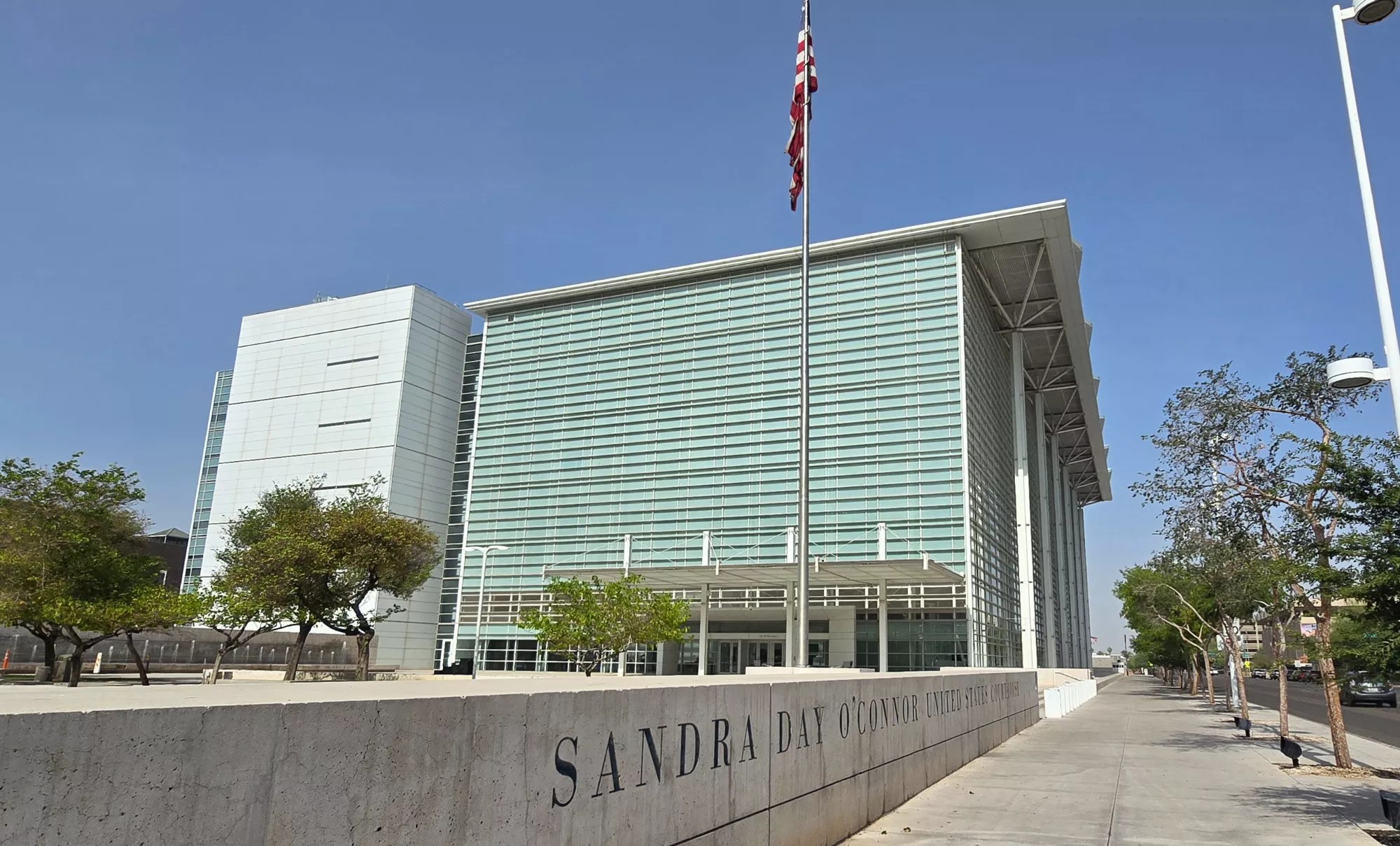
Morgan Fischer

Audio By Carbonatix
Editor’s note: This story was published on Sept. 12 and updated Sept. 17.
***
In mid-July, a quarterly meeting to provide updates on how the Maricopa County Sheriff’s Office is complying with court-enforced reforms went off the rails.
Echoing calls from Maricopa County Board of Supervisors chair Thomas Galvin to rein in federal oversight of the sheriff’s office, Republicans showed up in droves to protest the decade-long oversight of federal monitor Robert Warshaw. Some clashed with the largely Latino community members who usually attend to share their concerns about how the sheriff’s office conducts itself. Tempers flared and Warshaw held his head in frustration.
The meetings are mandated as a result of the federal civil rights case Melendres v. Arpaio. In a hearing Friday, U.S. District Court Judge G. Murray Snow revealed he’d planned to join that July shitshow but had been waved off by a colleague who’d warned him that people in the audience were packing guns.
As a result, Snow suggested Friday, he may move future meetings to the Sandra Day O’Connor U.S. Courthouse in downtown Phoenix, where attendees will be screened by security.
“I’m concerned,” Snow said about the July meeting. “I am trying to have them in a safe place where there’s going to be control and where we can try to move this ball forward.”
Snow mandated the meetings more than 10 years ago as part of the Melendres case, which found that the Maricopa County Sheriff’s Office was racially profiling Latino residents. These meetings, which have occurred four times a year over the last decade, tend to follow a similar script. They’re hosted in rotating areas of the Valley – mainly community centers, schools and churches in Latino communities – to allow residents to ask questions, make complaints and speak directly to the sheriff and Warshaw.
July’s meeting was different. Galvin and Republicans packed the meeting to protest the roughly $350 million the county has spent on compliance efforts since monitoring began. (Given the county’s roughly $4 billion annual budget, $350 million over more than a decade isn’t actually that large a hit.)
Prior to that meeting, Warshaw called Snow to tell him there were threats of armed men showing up at the meeting. Snow skipped it.
He missed a circus. Politicians, including Galvin, used the meeting almost as a political rally. Spats broke out between the two sides – often with racist undertones, with one allegedly telling another to “go back to Mexico.”

Maricopa County Supervisor Thomas Galvin.
Morgan Fischer
Court, not a circus
The next meeting is set for late October, but after Friday’s hearing, it’s likely that it will look much different. While Snow has yet to make a formal ruling, the meeting will now likely occur at the federal courthouse. That way, “nobody gets in here with guns,” Snow said, except for U.S. Marshals, who will provide security at the meeting. Snow will also ensure a more formal decorum.
“It’s going to be a court,” Snow said. “I’m going to be presiding.”
Up to now, community members attending the meetings have been able to speak at a microphone to address the sheriff and Warshaw. Going forward, the case’s Community Advisory Board will curate a series of questions that will be asked of the panel. Off-topic rants, political grandstanding and information irrelevant to the Melendres case will be eliminated. “If I’m there,” Snow said, “they won’t go off topic.”
Snow also called out Galvin for his actions at the previous meeting. During Galvin’s time at the microphone, he spoke directly to the pro-sheriff crowd to claim, in part, that county residents are “absolutely not… any safer because of the actions of this monitor.”
“I don’t intend to allow him to turn this into a political rally,” Snow said of Galvin.
Galvin was not immediately available to comment, according to a county spokesperson.
While the exact details of the new arrangement still need to be ironed out, Snow did mention potential concerns about “diminished participation,” specifically when it comes to immigration enforcement. Due to recent issues with Immigration and Customs Enforcement activity around courthouses, members of the plaintiff class – that is, Latino and Hispanic residents of Phoenix – may be nervous or unwilling to come to a federal courthouse, especially because they would have to show some sort of government ID to enter the building. Still, Snow said, “I think that’s a pretty good substitute.”

The Sandra Day O’Connor U.S. Courthouse.
Zach Buchanan
Activist concerns
After the meeting, activists had similar concerns.
“There’s a large part of the community that doesn’t have IDs, who won’t be able to come in here,” Richardo Reyes, an organizer with the veteran’s group Common Defense. “Or they’ll get scared to come here because it’s a federal building.”
Reyes was also concerned about the questions that would be chosen by CAB, instead of community members speaking directly to Sheridan and Warshaw. “Who’s going to be the gatekeeper?” he asked. “Those are big barriers for the plaintiff class of the community.”
Attorneys for the case’s parties – ACLU lawyers for the plaintiffs and attorneys for the Sheriff’s Office, Maricopa County and the Maricopa County Attorney’s Office – signaled their support for the proposal. ACLU Senior Staff Attorney Christine Wee said that their clients “didn’t feel safe to participate” at the previous meeting and wanted to ensure they had the right to do so. The three CAB members who attended the meeting – Raul Piña, Michael Nowokoski and Felix Garcia – also expressed support.
Piña, who joined the board 10 years ago, told New Times he was “pleasantly surprised” by Snow’s decision to get involved at this level after the “politically charged” nature of the previous meeting, which he said became an “opportunity for politicians to grandstand” and for people to say “a lot of hateful things.”
With the CAB already doing a lot of this work to connect with the community over their concerns, creating a list of questions like Snow proposed shouldn’t be “a tremendous amount of extra work,” Piña said. “It’s important.”